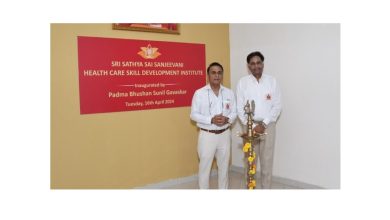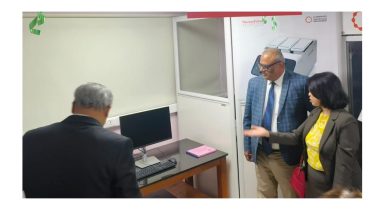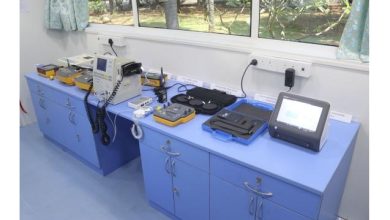ADDF to invest $2 m to boost search for digital biomarkers for early Alzheimer’s

Aims to develop a digital Toolkit of apps and wearables to detect the very earliest stage of Alzheimer’s
The Alzheimer’s Drug Discovery Foundation (ADDF), the US-based venture philanthropy, has announced up to $2 million of funding for a collaborative research initiative led by UK charity Alzheimer’s Research UK that aims to develop a digital Toolkit of apps and wearables to detect the very earliest stage of Alzheimer’s.
The funding awarded to the Early Detection of Neurodegenerative diseases (EDoN) initiative is part of the ADDF Diagnostics Accelerator (DxA), a funding initiative that challenges the global research community to innovate new diagnostic technologies for Alzheimer’s disease and related dementias.
EDoN is an ambitious project spearheaded by Alzheimer’s Research UK, the UK’s leading dementia research charity. It brings together global experts in data science, digital technology and neurodegeneration to use measures such as sleep, fine motor control, heart rate, speech, and brain activity to develop digital ‘fingerprints’ of early disease that could transform dementia research efforts in the future.
The Diagnostics Accelerator provides funding to fast-track the development of affordable and accessible diagnostic tools and biomarkers for Alzheimer’s disease and related dementias. The initiative currently funds over 30 projects around the world, including several promising blood tests and eye scanning techniques to detect early biological changes due to Alzheimer’s disease. Recent research shows that Alzheimer’s also causes subtle early changes in aspects of behaviour such as sleep, speech, interactions, and movement. While undetectable to the human eye, these changes can now be picked up by commercially available digital technologies.
EDoN aims to streamline efforts to collect, integrate and analyse a wealth of digital, clinical and health data to identify behavioural measures that can detect the early stages of the disease. This data will be used to build machine learning models to identify patterns of early disease-specific to different neurodegenerative diseases, including Alzheimer’s. Ultimately, the project aims to incorporate the most sensitive and useful measures into an inexpensive and easy-to-use digital Toolkit, likely a combination of apps, wearable or mobile devices, and software.
Up to $2 million of funding will allow the EDoN team to collect digital data from over 600 people who are currently involved in two population-based cohort studies in Australia. The volunteers will be asked to use a headband to measure sleep and brain activity, an activity tracker to register heart rate and physical activity, and smartphone apps to measure cognitive function, speech, and fine motor control. The data will be compared to clinical data from the cohorts to help researchers identify the digital measures most closely linked to biological changes.
Participants are aged between 40 and 90 and include people with different stages of Alzheimer’s disease, individuals with subjective memory complaints or mild cognitive impairment as well as cognitively healthy volunteers. This range of participants will allow researchers to develop a picture of how digital measures change across the spectrum of cognitive health. They will also be able to directly follow healthy and at-risk individuals over time allowing them to identify the changes that precede dementia.
The information from these studies will be combined with data being collected by the EDoN initiative from other population studies around the world to build a rich database to develop its digital fingerprint models.




